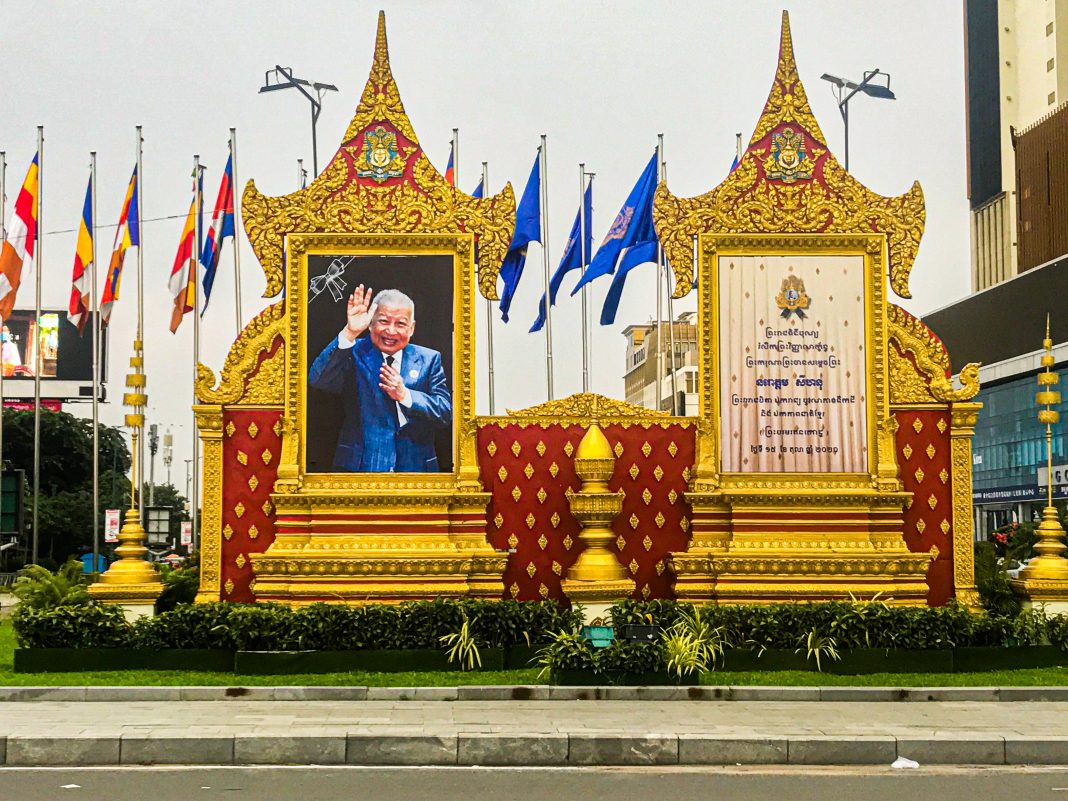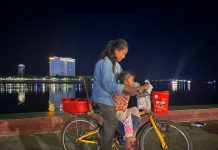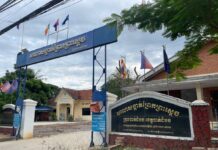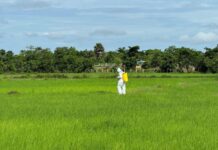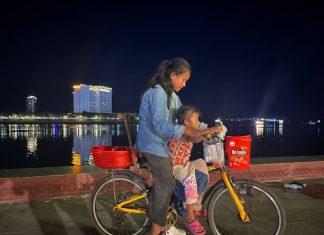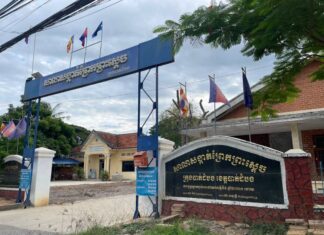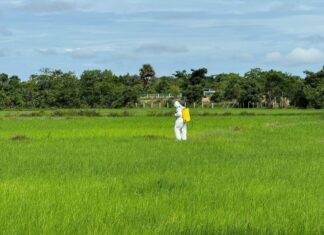On the 8th anniversary of the death of former King Norodom Sihanouk, who guided
Cambodia though many of the 20th century’s most important historical moments,
Newsroom Cambodia spoke to Mr. Sok Eysan, spokesperson for the Cambodian
People’s Party.
Below is our conversation, translated from Khmer and edited for clarity.
NC: What are the lessons that young and current politicians should learn from
the late king’s legacy?
Sok Eysan: From my point of view, his majesty late King Father should be credited
with many achievements for the young and next generations, as well as all Khmer
citizens. He led Cambodia to join the Non-aligned Movement, joining the first
meeting in Bandung, Indonesia. After that conference, all inter-partners became the
countries with neutral positions. Moreover, he instituted in the nation such ideas as
conciliation, unification, peace, and development, which showed other Southeast
Asian nations that Cambodia was a peaceful and prosperous nation.
NC: What are the similarities and differences between Sangkum Reastr Niyum
and the current government led by the Cambodian People’s Party?
Sok Eysan: One important thing: the idea of political neutrality and independence,
which is stipulated in the constitution. Cambodia isn’t biased to any great power, and
we adhere to the idea that all countries are our friends, and that we all depend on the
policies of independence, sovereignty, territorial integrity, and non-interference in
mutual domestic affairs. Therefore, the royal government, under the leadership of
Prime Minister Hun Sen, is committed to work and serve all Khmer citizens.
Moreover, Samdech Hun Sen has instituted his “win-win” policy since the 1990s, a
policy that has resulted in a peace and unity that the country has not seen for hundreds
of years after the Angkor Empire Era.
NC: What are the challenges facing Cambodia today?
Sok Eysan: The primary challenge is continued internal development, which we need
to ensure lasting peace, political stability, economic growth and poverty eradication.
Another is foreign policy: Cambodia remains committed to neutrality, which is not
always easy in the face of growing tension between larger nations.
NC: Among the late King Father’s most durable legacies was the idea of political
neutrality. Is there anything the current government can do to build on that
legacy?
Sok Eysan: We continue to promote national unity, an idea that the late King Father
enshrined with the Paris Peace Agreement. We are committed to a policy of
conciliation and national unity. No matter how tough it is, Cambodia will not allow
serious internal divisions or allow neighboring countries to interfere in our domestic
affairs. Absolutely, there is no presence of foreign military in this Kingdom.


